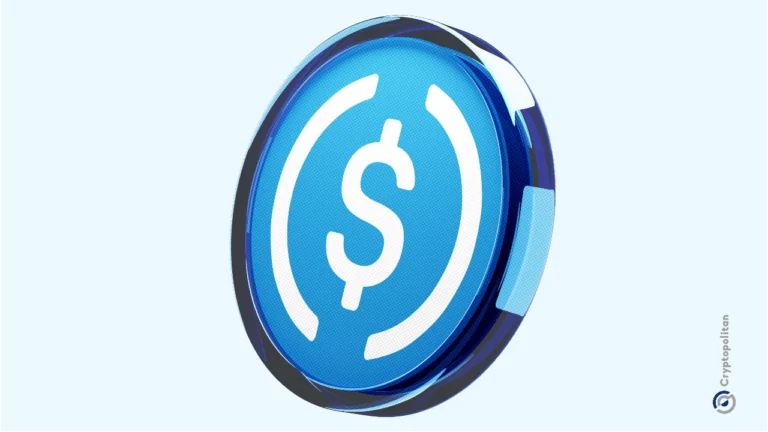Breaking Down the Latest Share Buyback: All the Details from January 2-8, 2025
Description:
PRESS RELEASE Share Buyback Transaction Details January 2 – January 8, 2025 Alphen aan den Rijn – January 9, 2025 – Wolters Kluwer (Euronext: WKL), a global leader in professional information, software solutions, and services, today reports that it has repurchased 82,234 of its own ordinary shares in the period from January 2, 2025, up to and including January 8, 2025, for €13.2 million and at an average share price of €160.00. These repurchases are part of the share buyback program announced on October 30, 2024, under which we intend to repurchase shares for €100 million during the period starting January 2, 2025, up to and including February 24, 2025.
Share buybacks have become a common practice among companies as a way to return value to shareholders. In a share buyback, a company repurchases its own shares in the open market, reducing the total number of outstanding shares. This can help to increase the value of the remaining shares by boosting earnings per share and signaling confidence in the company’s future prospects.
Looking at the details of Wolters Kluwer’s recent share buyback, it is clear that they are taking a strategic approach to returning value to their shareholders. By repurchasing over 82,000 shares at an average price of €160.00, they are investing a significant amount of capital back into the company. This move could indicate that the company believes its stock is undervalued and sees an opportunity to benefit shareholders by buying back shares at a lower price.
Effect on Individuals:
For individual investors, the latest share buyback from Wolters Kluwer could have a positive impact. As the company reduces the number of outstanding shares, it can drive up the stock price and increase earnings per share. This could lead to higher returns for shareholders who hold onto their shares or potentially sell them at a higher price in the future.
Effect on the World:
On a larger scale, share buybacks like the one conducted by Wolters Kluwer can have broader implications for the financial markets. By signaling confidence in the company’s future and returning value to shareholders, share buybacks can help to boost investor sentiment and drive up stock prices. This can contribute to overall market optimism and potentially stimulate additional investment in the economy.
Conclusion:
Overall, the latest share buyback from Wolters Kluwer provides valuable insight into the company’s strategic decisions and commitment to delivering value to its shareholders. By repurchasing a significant number of shares at an attractive price, the company is demonstrating confidence in its future prospects and creating opportunities for investors to benefit from the potential increase in stock value. As share buybacks continue to be a popular financial strategy, it will be interesting to see how this move impacts both individual shareholders and the broader financial markets in the coming months.




